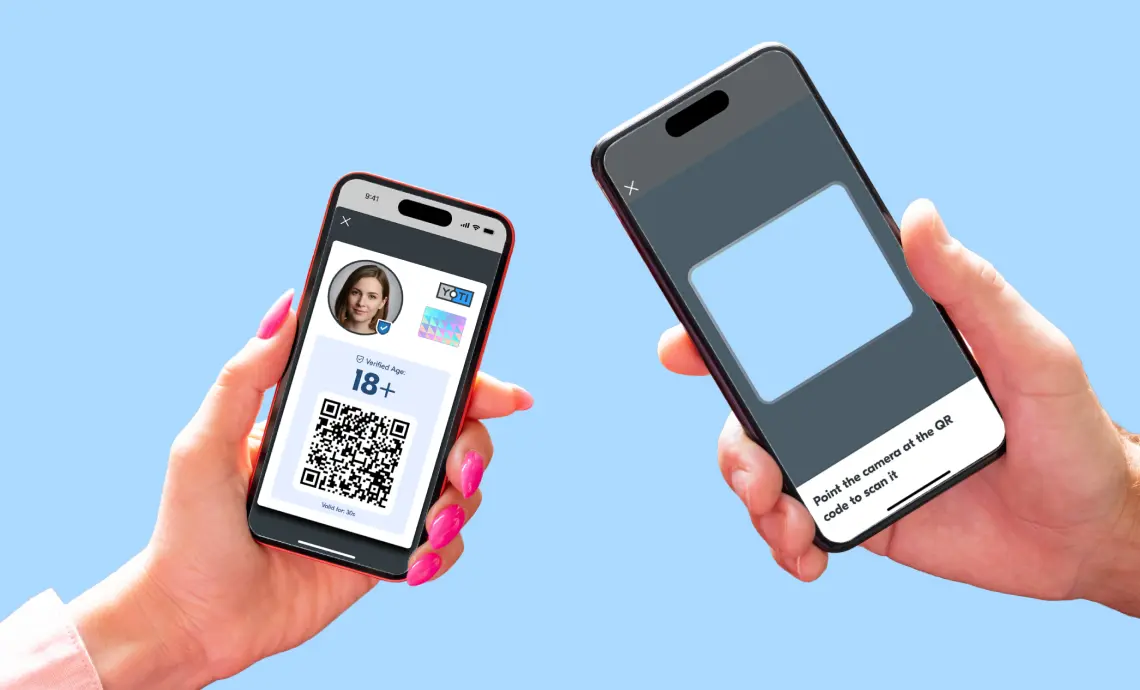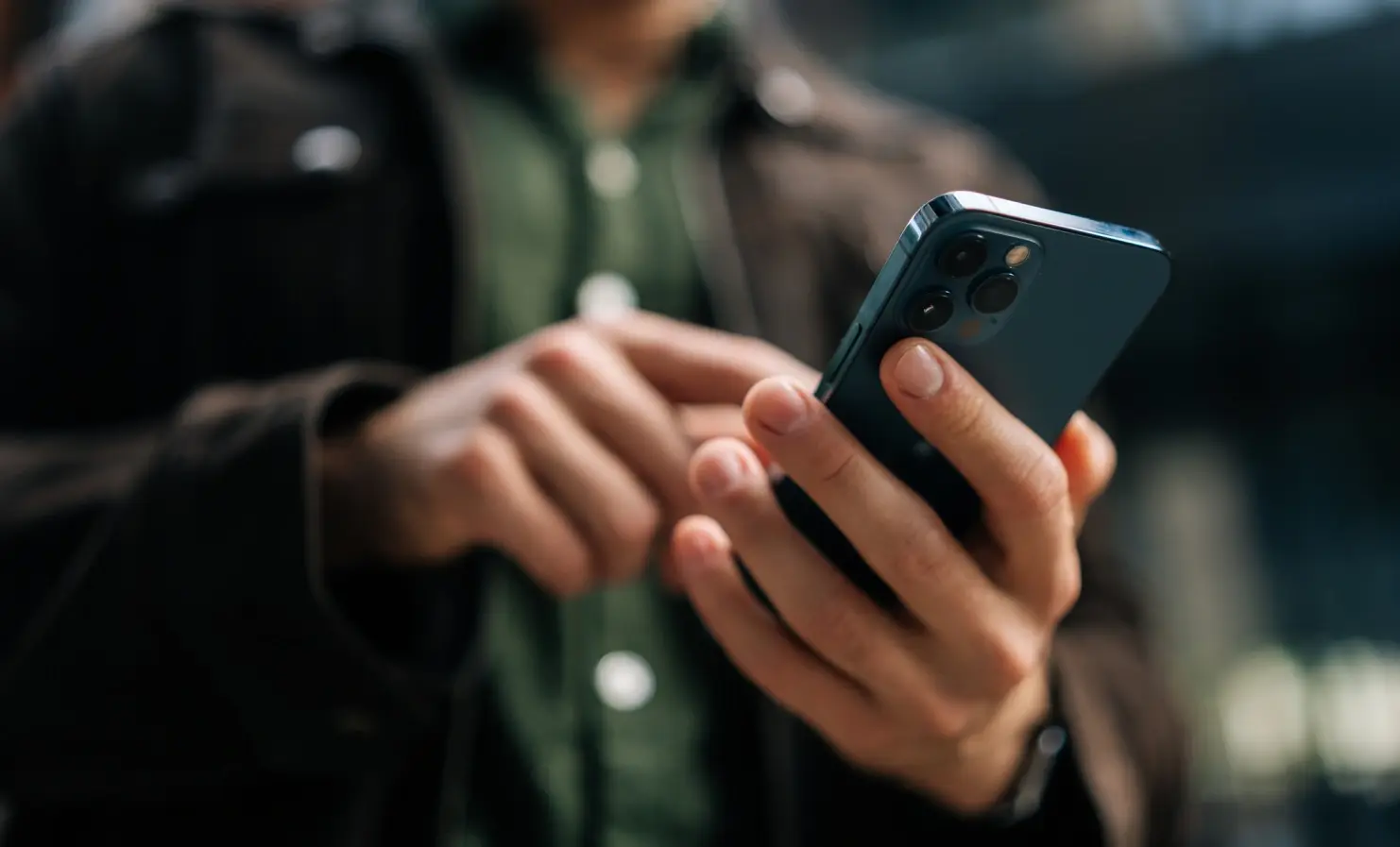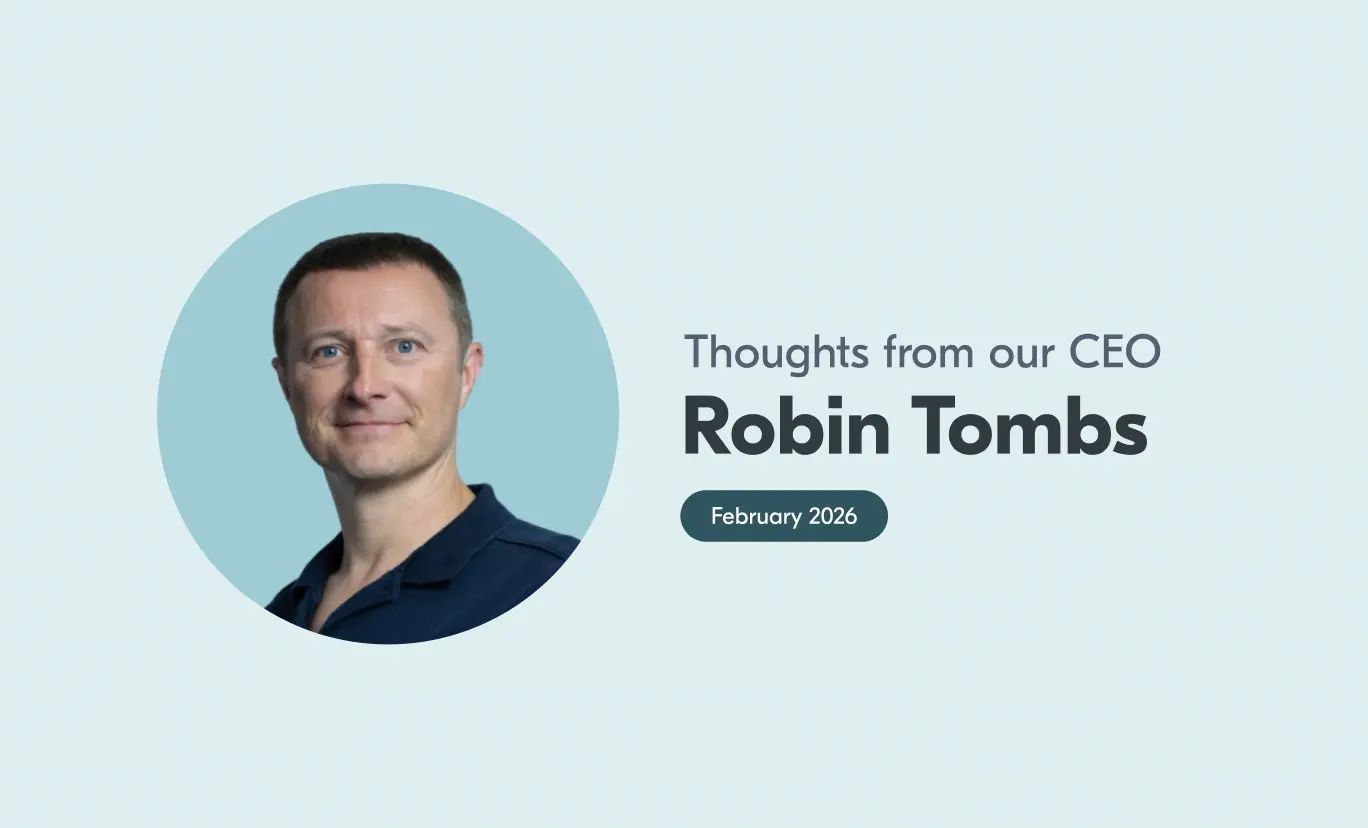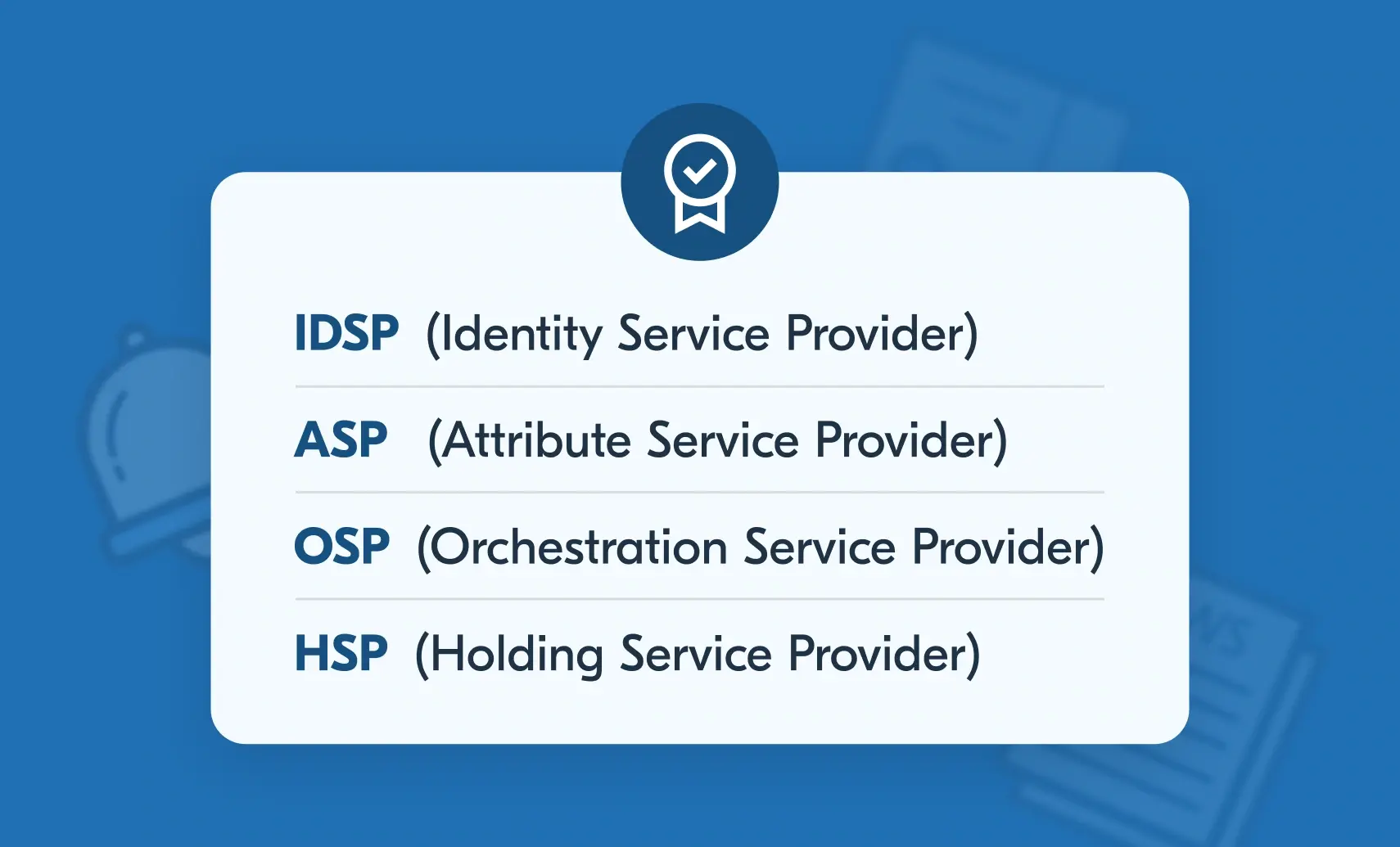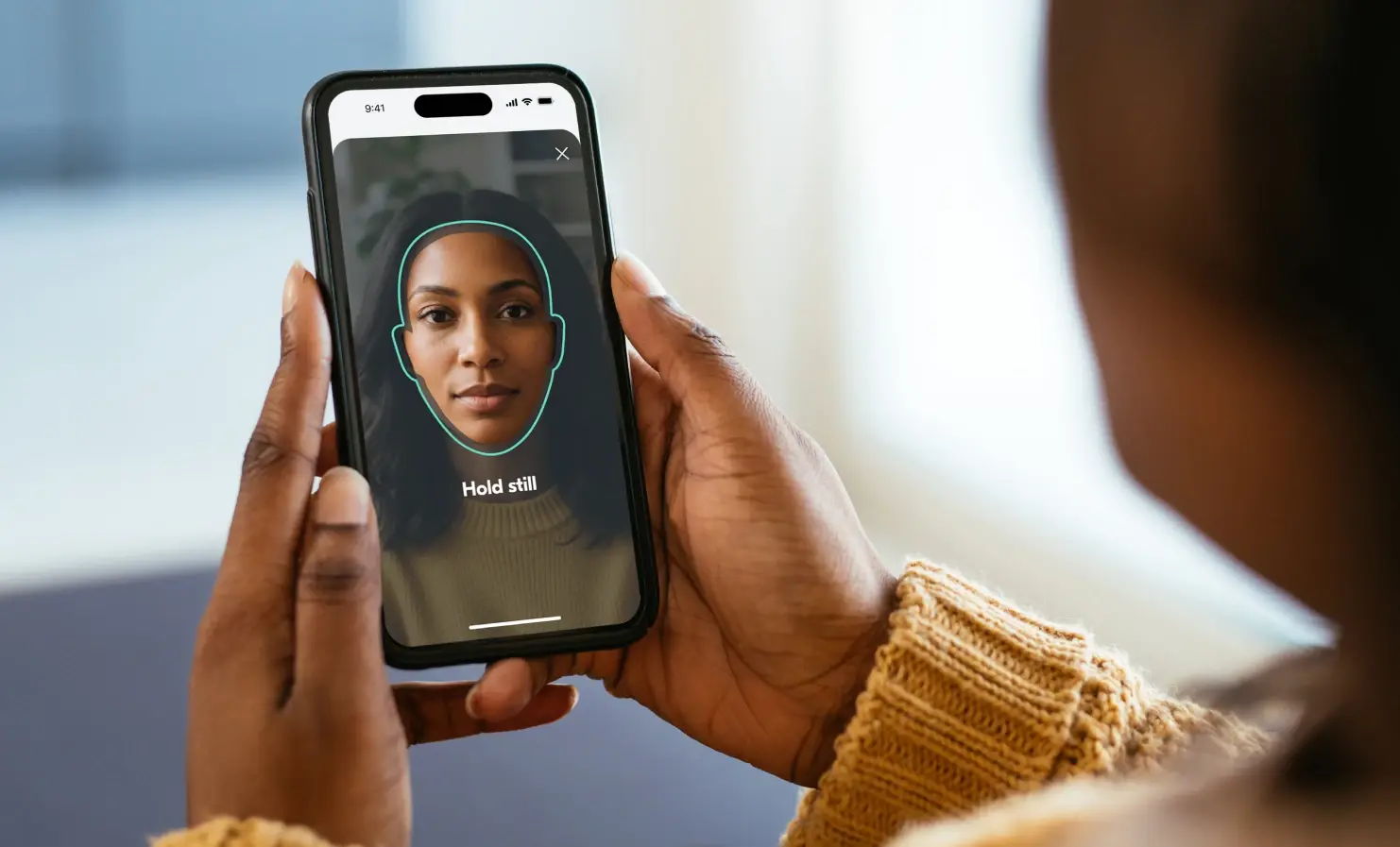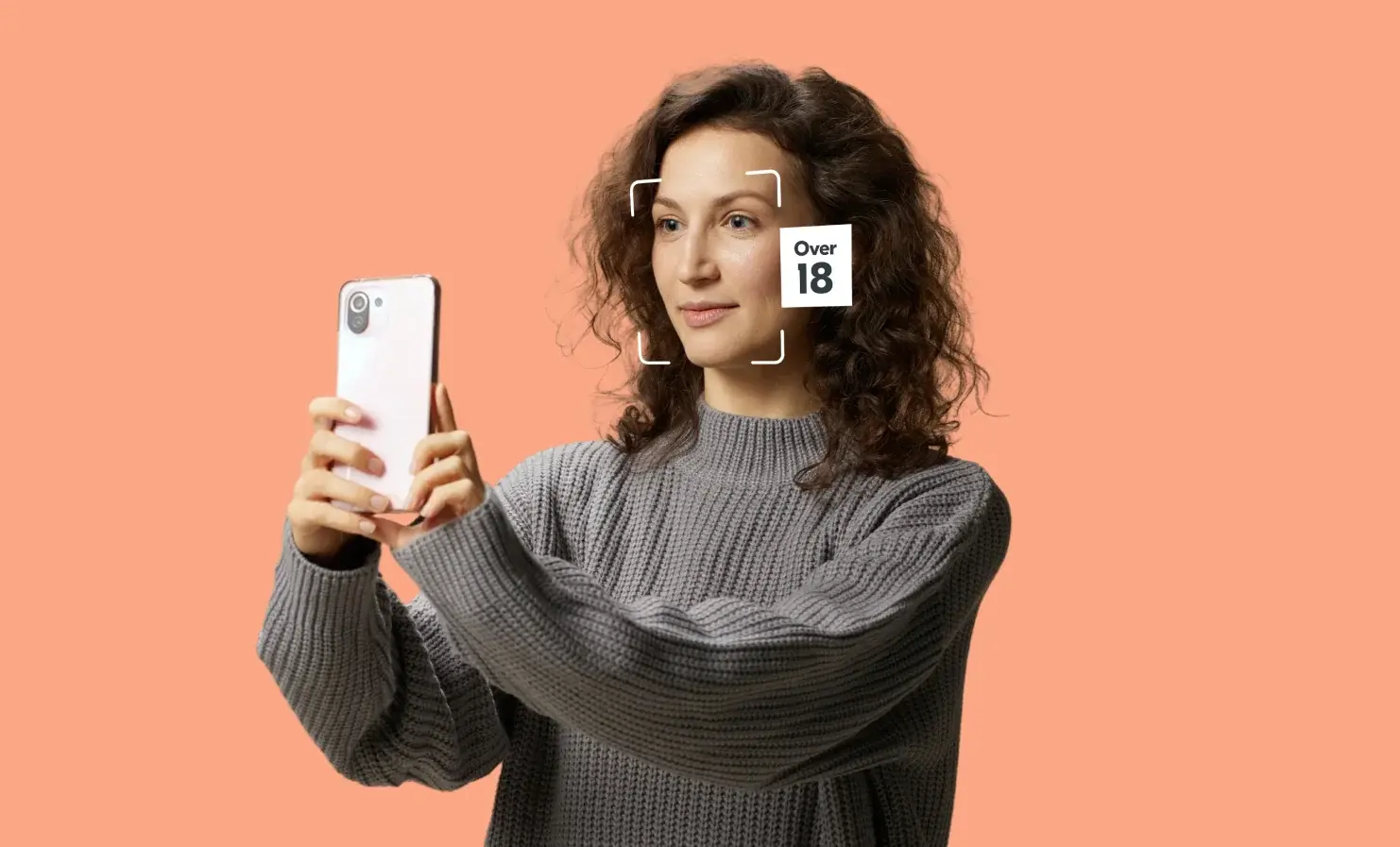Articles
Digital ID for proof of age is coming. Here’s how to check it properly.
Millions of people are already using digital IDs to prove their age and identity, share their verified details with others or take more control over their personal data, all without needing a physical document. Soon, they’ll also be able to use them as proof of age when buying alcohol in licensed premises in the UK (once the mandatory licensing conditions are updated). This includes pubs, bars, restaurants, nightclubs and supermarkets. That’s a big shift in how age-restricted sales work and it’s why having a fast, reliable and low-friction way to check IDs matters for your business. How businesses
Updates to the UK MLRs have just changed the game for digital identity
For years, the UK has talked about digital identity as the key to faster onboarding, reduced fraud, better customer experiences, and stronger compliance. And yet, in much of regulated industry, the day-to-day reality has barely shifted. Why? Because compliance culture doesn’t move on optimism. It moves on defensible certainty. Until now, most compliance officers have been understandably risk-averse. Not because they dislike digital identity, but because they know what happens when a control fails: remediation programmes, supervisory challenge, awkward audit findings and reputational consequences. Even when the Joint Money Laundering Steering Group (JMLSG) referenced digital identity in June 2020,
Thoughts from our CEO
In this blog series, our CEO Robin Tombs will be sharing his experience, whilst focusing on major themes, news and issues in the world of identity verification and age assurance. This month, Robin chats about independent testing for accurate facial age estimation, using digital IDs for age-restricted purchases in store and the UK government’s digital ID wallet. Independent testing shows who truly meets the bar In February 2024, Ofcom published guidance that, for an age assurance process to be highly effective at age-gating children in practice, service providers should ensure the process meets 4 criteria: technically accurate, robust,
More ways to use and accept Digital IDs in the UK
We’ve hit an important milestone in our journey to make our trusted and accessible digital IDs easier to use in the UK. Yoti has achieved Gamma (v0.4) certification under the UK Digital Identity and Attributes Trust Framework (UKDIATF). In practice, that means we’re now certified across four key roles: Identity Service Provider (IDSP) Attribute Service Provider (ASP) Holding Service Provider (HSP) Orchestration Service Provider (OSP) It confirms that Yoti meets the UK Government’s highest standards for secure, trusted digital identity services. It also means that we’re ready to support everyday use cases, like accessing age-restricted services and buying alcohol,
The evolution of presentation attack detection trends in 2025
At Yoti, we perform millions of checks every week for our clients. A critical element of a robust check (whether that’s for age assurance, identity verification, digital IDs or authentication) is liveness detection, also known as Presentation Attack Detection (PAD). The purpose of liveness detection is simple but essential. It makes sure that the person being verified is physically present in front of the device camera in real time. Without liveness, checks are vulnerable to basic fraud attacks (such as using printed photos or screen replays) and more sophisticated AI attacks (like AI clones). For organisations relying on digital
Yoti facial age estimation - newest model evaluation by NIST
We are delighted to share our latest evaluation by the National Institute of Standards and Technology (NIST) for our newest facial age estimation model. We have seen notable performance improvements across a number of metrics. NIST’s evaluation is extremely thorough – they have over 20 million images for evaluation – and NIST develops their testing methodology over time. This helps to highlight models that are robust across multiple datasets and scenarios. Our strategy for developing our model is not “data dependent”. Machine learning models can benefit greatly from quantity of data at the initial stage, but once reaching maturity,

